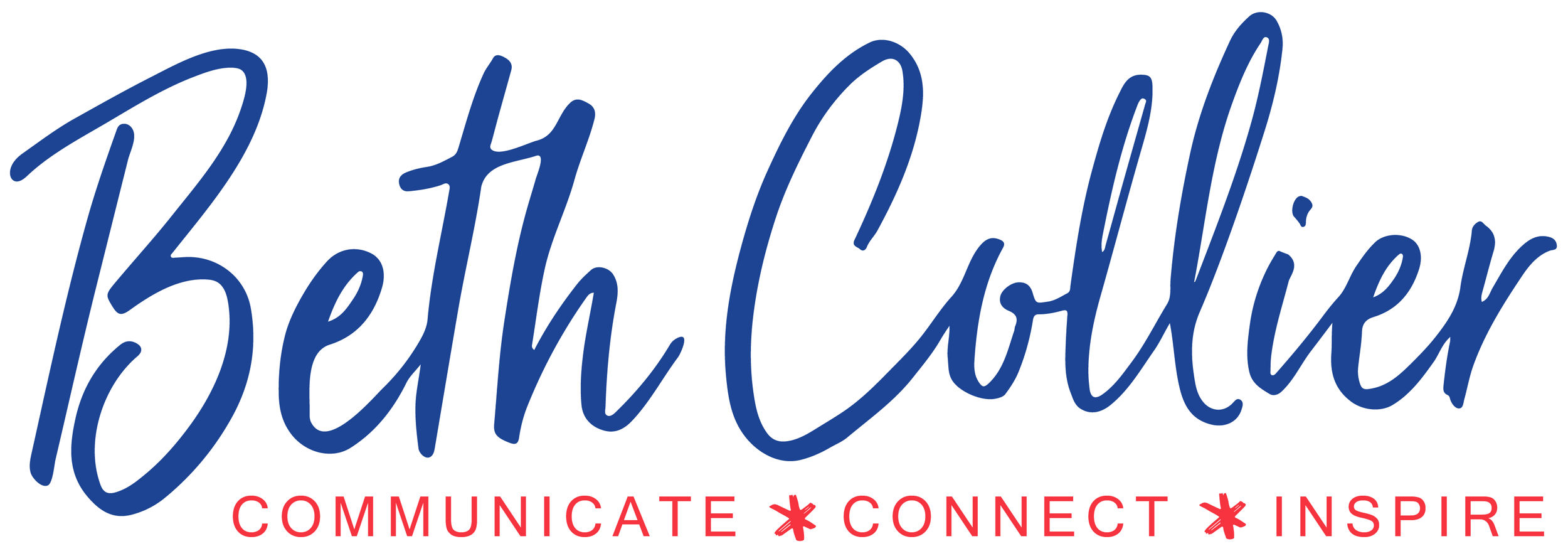Take Responsibility.
Words are great. But they aren’t enough.
I love reading and analyzing communications. Letters from companies and politicians, corporate messages, speeches…
My favorite speech from the Golden Globes was Ke Huy Quan (Go Data!) - Credit: Rich Polk (NBC)
I also love reading apologies and resignation letters.
I write these things, too, so I’m not just standing on my soapbox critiquing – I read to learn.
What do people do well, and how could it be better?
And in the last few months I’ve read some interesting messages from CEOs communicating layoffs and job losses.
I wrote about Stripe and Twitter last November and then Meta soon after.
Patrick and John Collinson announced layoffs at Stripe in 2022
And today, I read the announcement Salesforce CEO Marc Benioff issued last week announcing layoffs at his company.
Naturally, I have some thoughts, but today I want to focus on just one point.
There was a line in Benioff's message that I also read in Zuckerberg’s message to Meta employees, and the Collinson brothers’ message to employees at Stripe.
“I take responsibility.”
Benioff writes:
“As our revenue accelerated through the pandemic, we hired too many people leading into this economic downturn we're now facing, and I take responsibility for that.”
Salesforce CEO Marc Benioff
OK. Great.
Taking responsibility is a good thing.
But what does that actually mean?
After the HR staff and managers carried out the layoffs (and all the unpleasantness that goes with it), what did Benioff do?
Is he stepping down? Did he take a pay cut? Sacrifice his bonus or shares?
Money hardly matters – he’s already a billionaire.
But what does that mean to “take responsibility”?
My friend George and I have had a lot of conversations about apologies, and the example he uses is breaking a vase.
Imagine that one day while you were out, I broke your special vase.
Oops!
Maybe I was throwing a football in the house and being careless. Or maybe I accidentally bumped it, and it fell to the ground and shattered into pieces.
It doesn’t really matter.
I broke the vase. It’s my fault.
Imagine if you came home and I said, “Your vase is broken.”
“I take responsibility.”
OK…
That’s a good first step, but what are you going to do about it?
The next step is important.
“I broke it, and I tried my best to repair it, but I will replace it. Here are five similar ones I found online. Do you like any of these?”
I have written about how to communicate layoffs for years, because I have listened to so many stories from people who’ve been laid off (or made redundant) – and how badly the process and communication has been.
Losing a job hurts. And not just financially.
Most people who are casualties of the “10% reduction” aren’t billionaires.
They are people with rent or mortgages to pay, and families to provide for.
They need income to pay their bills, and they may not have a safety net or huge savings to fall back on.
I understand that, for a lot of CEOs, it’s hard to fathom what that feels like: that mix of sadness, hurt, and fear of not being able to provide for yourself and your family.
But that’s why the way they conduct layoffs – and their communication – is so important.
As the leader you should take responsibility for your mistakes.
And you should also do something about it.
Don’t just tell me you broke the vase.
***********************************************************
Beth Collier loves writing, pop culture, and analyzing corporate communication examples (really!).
She also loves helping companies, leaders, and teams improve their communication (and creativity and leadership) through consulting, coaching, and workshops.
Her clients benefit from Beth’s global corporate experience, Midwestern practicality and enthusiasm, and an endless supply of pop culture references.
To find out how Beth can help you become a more confident, creative, and compelling leader – or improve communication in your company – visit www.beth-collier.com or drop her a line at beth@beth-collier.com
__________________________________________
Want a dose of positivity and fun in your inbox?
Sign up to receive my free newsletter, Curious Minds.
Each week you'll get insights that mix curiosity with business, history, or pop culture.





